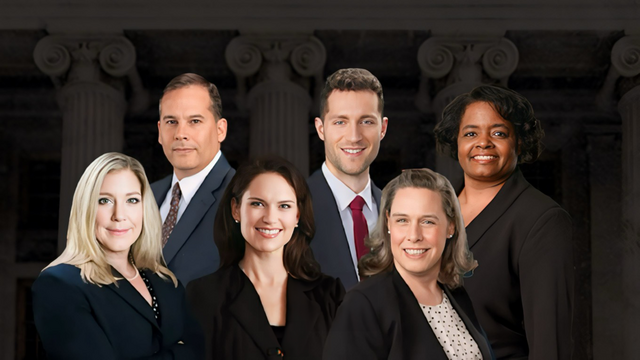Refusal of Sobriety Tests at a Prince William County DUI Stop
State law says that a person must submit to testing their blood and/or breath to determine the level of intoxicants therein. Certain statutes provide that lisenced drivers in Prince William County are legally obligated to submit breath or blood samples upon request as long as they are pulled over on a public road. For help with understanding your rights surrounding the refusal of sobriety tests at a Prince William County DUI stop, get in touch with a driven and well-versed attorney who is familiar with cases similar to yours.
Consequences to Your License
If a person unreasonably refuses to take a blood or breath test, their license would be administratively suspended for a period of at least seven days if it is their first offense. The penalties increase for subsequent offenses. Additionally, they would get a separate charge called refusal, which could carry a 12-month loss of license upon conviction. For a DUI conviction without a refusal, a person can get their license restricted to go to and from work or school or anywhere else that is important in their life. However, if they are convicted of a refusal charge, they are not able to get their license restricted so that they can drive for any reason during those 12 months.
Implied Consent
When Prince William County drivers operate their vehicles on local roads, they effectively give implied consent to subitting blood or breath samples so law enforcement can determine their level of intoxicants. Any unreasonable refusal to provide that sample constitutes a separate, distinct charge.
The language of the implied consent statute is very clear that it applies to both breath and blood tests. If a person is suspected of being under the influence of more than just alcohol, the police can seek a blood test instead of or in addition to a breath test.
Implied consent only applies to driving behavior that occurs on public highways. It follows that if someone is pulled over in a private area which is not considered to be a public road by the law, they could refuse to take a field sobriety test at a Prince William County DUI stop.
Subsequent Refusals
There is a difference between refusing your first sobriety test and refusing multiple tests thereafter. If a person is charged with a refusal in addition to their first DUI, it is a simple administrative finding that yields a 12-month loss of license. However, if they have a prior conviction for DUI, a refusal constitutes a criminal charge which is punishable as a class 1 misdemeanor and can include jail time as well as additional license suspension.
Refusal Based on Allergies, Illnesses, or Disorders
If a person says they are not blowing into the machine, it does not matter what the reason is. It is considered by law to be an unreasonable refusal regardless of a person’s reason. However, there are circumstances where a person can be erroneously charged with refusal by the officer. For example, if a person in making a good faith effort to deliver a valid sample into the machine for testing only to be prevented by their allergies or asthma, they should not be convicted of refusal of sobriety tests at a Prince William County DUI stop.




